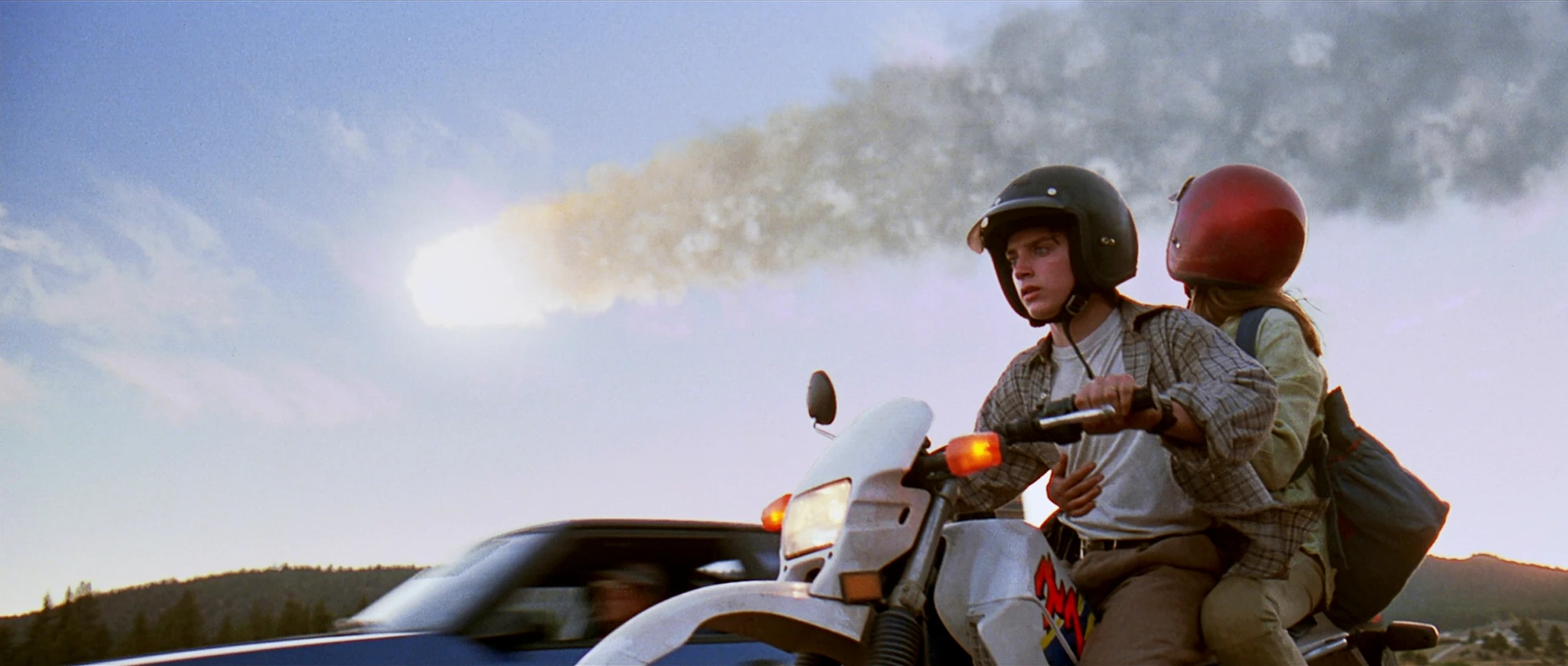Screening Series
Screening Series
Beware the Elements! Natural Disasters on Film
A screening series considering natural disasters through our planet’s primary elements—earth, wind, water, and fire.
Jan 4 – 28, 2024

Deep Impact, 1998
Screening Series
Beware the Elements! Natural Disasters on Film
A screening series considering natural disasters through our planet’s primary elements—earth, wind, water, and fire.

Deep Impact, 1998